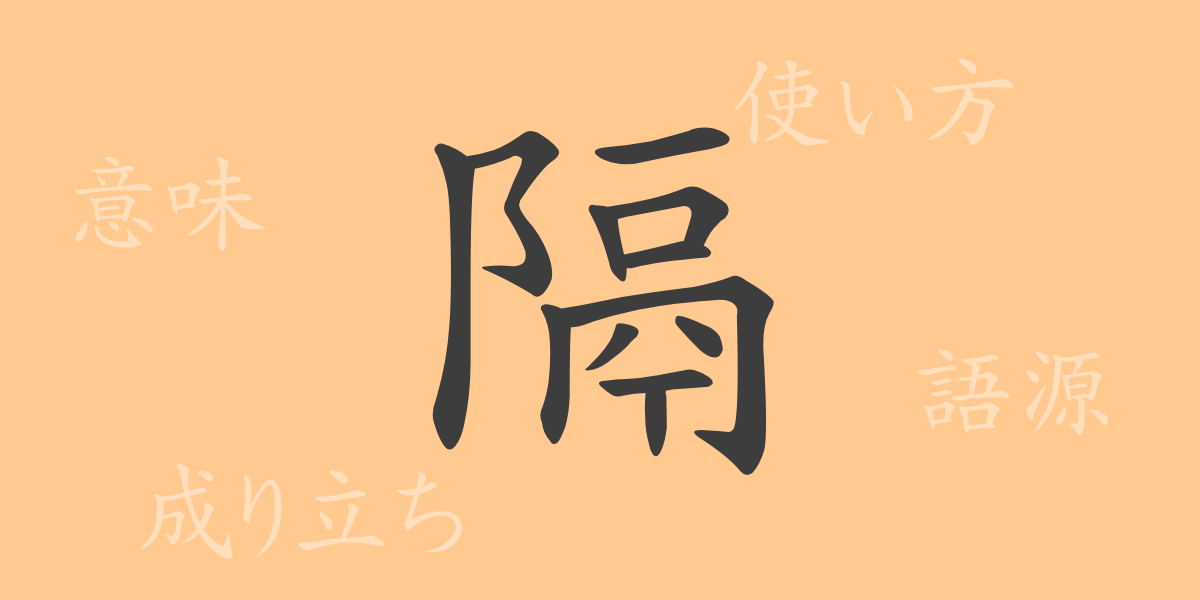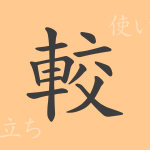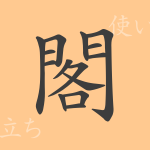The depth of meaning contained in a single kanji character symbolizes the profound nature of Japan’s linguistic culture. The commonly used kanji “隔” (kaku) is one such character. “隔” is often employed when we differentiate between things or feel a distance. This article delves into the complete picture of the kanji “隔,” starting from its etymology to its meaning, usage, pronunciation, stroke count, and even phrases and idioms that include the character.
Etymology of 隔 (Kaku)
The kanji “隔” originates from ancient China. This character, which evolved from pictographs, originally depicted the act of “hiding behind split bamboo.” Bamboo slips were writing materials used in ancient China, from which meanings such as “to hide” and “to distinguish” arose, further developing into the concept of separating by time or space.
Meaning and Usage of 隔 (Kaku)
“隔” means “to separate” or “to isolate,” and is used not only to indicate physical distance but also to differentiate between times or conditions. It can also be used metaphorically to express psychological distance. For example, “心の隔たり” (kokoro no hedatari) is a phrase used to denote emotional distance or difference.
Pronunciation, Stroke Count, and Radical of 隔 (Kaku)
The kanji “隔” provides various pieces of information based on its shape and composition.
- Pronunciation: The on-yomi (Sino-Japanese reading) is “かく” (kaku), and the kun-yomi (native Japanese reading) is “へだ.たる” (heda-taru) and “へだ.てる” (heda-teru).
- Stroke Count: The character “隔” has a total of 13 strokes.
- Radical: The radical is “門” (mon), which is combined with the element “鬲” (reikaku).
Phrases and Proverbs Including 隔 (Kaku) and Their Meanings
There are numerous idioms, phrases, and proverbs that include “隔,” each with its unique meaning. Here are some examples:
- 隔世遺伝 (kakusei iden): Genetic traits appearing that skip a generation.
- 隔週刊 (kakushūkan): A publication that is issued biweekly.
- 隔壁聴音 (kakubeki chōon): Eavesdropping by listening through a partition, meaning to secretly listen to someone else’s conversation.
- 隔靴掻痒 (kakka sōyō): The frustration of scratching an itch through a shoe, metaphorically referring to a situation where things don’t go as planned and cause irritation.
Conclusion on 隔 (Kaku)
The kanji “隔” is an incredibly versatile character that can adapt to a variety of situations with just a change in usage. Used to express physical distance, time, and psychological separation, this kanji enriches the expressive power of the Japanese language. By learning idioms and phrases that include “隔,” you can achieve more precise communication. As a gateway to appreciating the beauty of Japanese words, enjoy the world of “隔.”

























